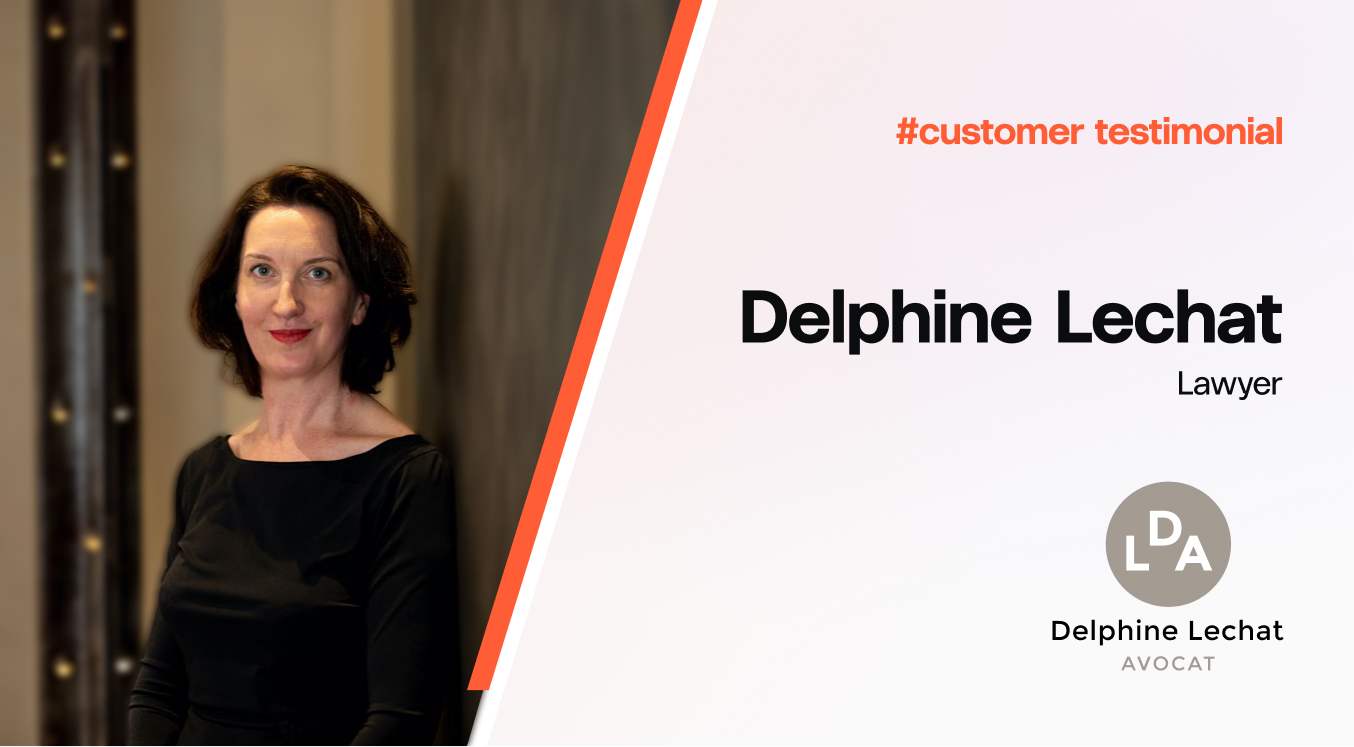When it comes to acquiring a company, investing in a project, or carrying out any major financial transaction (merger, acquisition…), the due diligence process, also known as legal and financial audit, is a crucial step in assessing risks and opportunities.
Traditionally, this procedure, which involves a meticulous assessment of a target company‘s financial, legal, operational and strategic information, required a tedious process of collecting, analyzing and sharing sensitive and confidential documents.
However, thanks to technological breakthroughs, the software solutions available today have revolutionized the way companies conduct due diligence. Data room solutions, for example, have enabled deal-makers to digitize, simplify and accelerate the due diligence process. In this highly complex M&A market, the ability to maximize team efficiency while minimizing risk is no longer an option, but a requirement for legal and deal-making professionals.
Overcoming the challenges of due diligence
Due diligence is often the starting point for a major transaction. Crucial to informed decision-making, this stage generally involves a tedious process of collecting, organizing and analyzing massive quantities of confidential documents: financial reports and balance sheets, intellectual property, legal agreements, commercial contracts, etc.
The objective here is to reduce the risks associated with business transactions, and thus enable buyers or investors to have access to all relevant information on the finances, legal structure, operations, assets and strategy of the company being audited.
Digitizing due diligence processes
Before the emergence of data rooms, the parties’ lawyers had to be physically present to carry out the due diligence and review the documents in the same room. This approach presented a number of practical and logistical constraints: reproduction of documents, manual organization of information, data exchanges by mail, fax or less secure means, increasing the risk of sensitive information leaking out, and so on.
Technological breakthroughs have radically transformed this process, leading to the disappearance of physical due diligence, in favor of a 100% digital experience. This transformation has been made possible by the emergence of data room solutions, which over the past 15 years have established themselves as indispensable tools for hosting, sharing and remotely examining large numbers of highly confidential documents.
Limitations of traditional data room solutions
As a result of a monopoly situation enjoyed by several historic publishers, these solutions are currently facing stiff competition from digital cloud solutions, online storage platforms, Drives and file transfer services. Indeed, the outdated user experience offered by leading solutions does not allow users to be autonomous; what’s more, the billing system proposed (per page, for example) no longer meets the needs of users, who are expected to manage an ever-increasing volume of data.
Inexpensive and easy to use, these online solutions appear to be a convenient alternative to proper data room solutions. However, their low storage capacity, lack of security guarantees and lack of essential features for legal practice make them a poor substitute in a process as critical as due diligence.
Next-gen Data Rooms, a revolution for dealmakers
While these changes have enabled them to rapidly gain in flexibility, the current context is naturally leading data room software editors to reinvent themselves in order to offer solutions that are more in line with the needs of law professionals.
Features tailored to legal practice
- Participant management: Due diligence often involves a large number of participants. A feature that allows you to bulk import lists of participants and hide them from each other is therefore particularly useful when creating a data room.
- Document management: data rooms offer advanced sorting, indexing and search functions, simplifying document management and speeding up the retrieval of key information.
- Collaboration: These platforms enable real-time collaboration between stakeholders. Comments, annotations and discussions within a Q&A module can take place directly within the data room, improving communication and coordination through notifications, for example. Discussion threads must be easy to manage, customize and export, so that they can be added to the contract.
A user-friendly interface and easy deployment
- Ease of use: next-gen data rooms are designed to be intuitive and user-friendly. They enable users to navigate easily through numerous documents and quickly find the information they need.
- Facilité de déploiement : Contrairement aux solutions traditionnelles, les solutions next-gen peuvent être ouvertes en toute autonomie, et ne requièrent pas l’intervention d’une équipe IT pour le paramétrage.
- Ease of deployment: unlike traditional solutions, next-gen data room projects can be opened by the customer, without the help of an IT team.
- Accessibility: Thanks to a cloud-based interface, stakeholders can access documents from anywhere, overcoming the constraints of geographical distance.
Safety guarantees worthy of market leaders
- Data security: Security is a top priority in next-generation data rooms. They offer advanced data encryption, granular access management, watermarking, document download prohibition and activity logs to ensure traceability and protection of sensitive information.
- Traceability: Data rooms enable you to track detailed user activity logs, providing a complete audit trail in the event of a dispute or regulatory audit.
Greater legal security
- Electronic certificates: An electronic data room solution lets you quickly generate a certificate that guarantees the security and legal value of your transaction.
- Archive management: To encrypt and ensure the probative value of your documents, use the additional functionality of an electronic safe to comply with legal requirements for storing sensitive contracts.
By simplifying the due diligence process, next-generation data rooms help to reduce the costs associated with document collection and analysis. They also accelerate the overall transaction timeframe, while reducing the risks associated with this critical process. Their adoption has become an essential strategy for companies seeking to optimize complex transactions.
The Closd platform provides a 360° experience, by integrating a next-generation data room solution designed for legal professionals into a legal transaction management solution. Its fluid, secure interface enables legal and deal-making professionals to carry out every stage of the transaction process seamlessly: data room, electronic signature, electronic safe, etc.
Contact our team today to find out more and speed up your audits!





